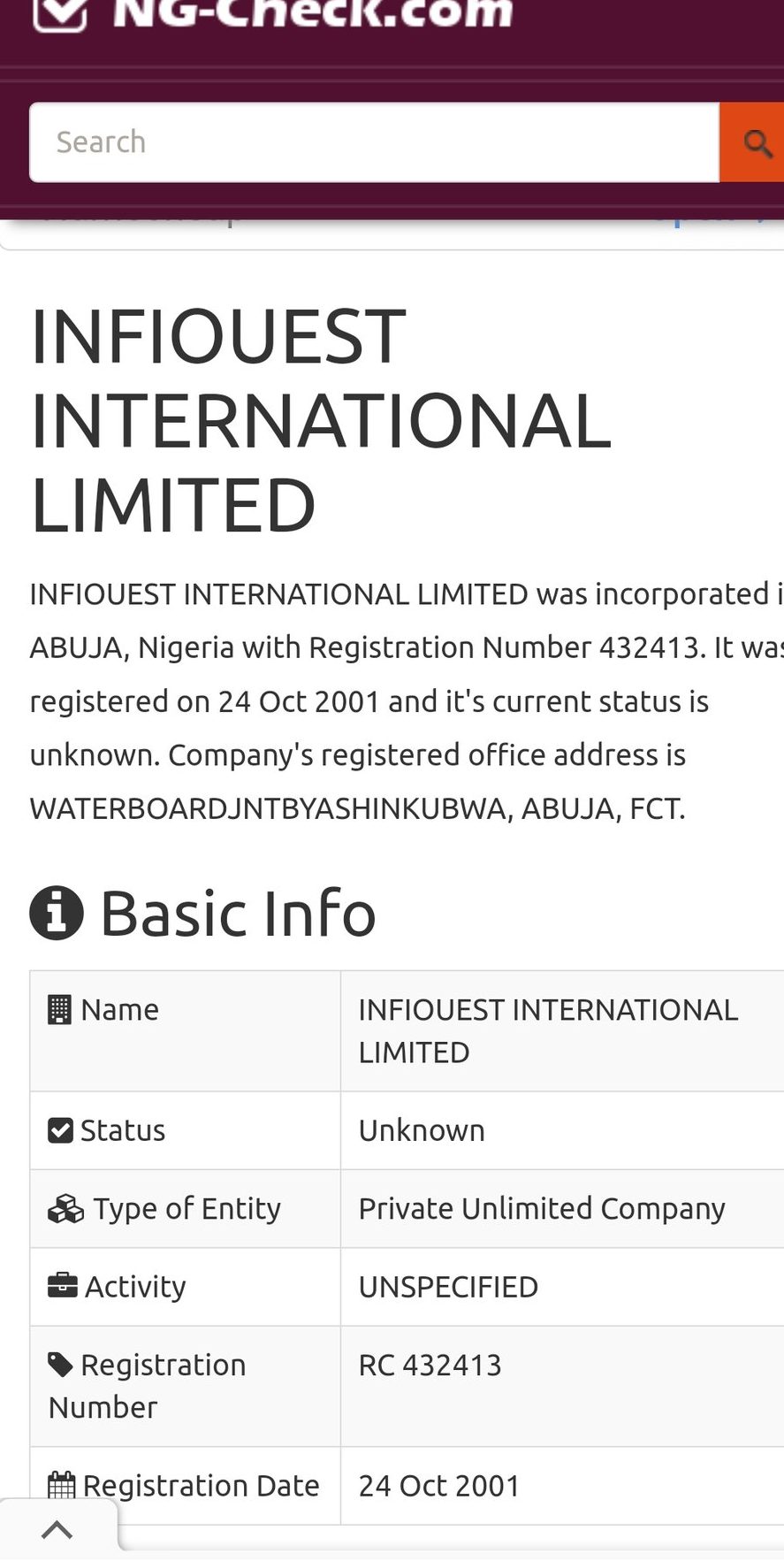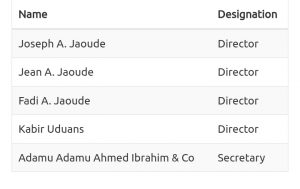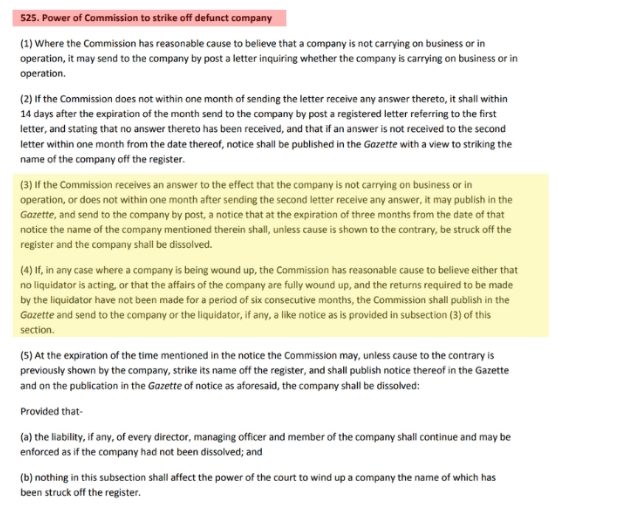
ICYMI: Umahi Awards ₦252.89 Billion Abuja-Kaduna Road Contract to Firm with Inactive CAC Status

The Minister of Works, Dave Umahi, has denied claims that the Abuja-Kaduna road project, worth ₦252.89 billion, was awarded to Infoquest Nigeria Limited. This followed a media report on 21 January 2025, which alleged that the Ministry had contracted the project to Infoquest, a company with minimal public presence. Umahi described the claims as false and accused the newspaper of misleading the public.
In a statement by Umahi’s media adviser, Orji Uchenna, the Minister clarified that the project wasawarded to Infiouest International Limited, not Infoquest Nigeria Limited.
Infiouest is a French name. In French, O is pronounced like Q. So the pronouncement is the same. If you pronounce Infoquest in English, it is Q, but if you pronounce it in French it is O, Umahi said at a press conference on Wednesday.
Umahi maintained that Infiouest International Limited was legally compliant and capable of handling the project. However, West Africa Weekly checks on the Corporate Affairs Commission (CAC) database reveal that Infiouest International Limited is inactive.

This status suggests the company has not fulfilled its obligations, such as filing annual returns, as required by the Companies and Allied Matters Act (CAMA) 2020. An inactive company is legally barred from entering contracts, raising concerns about the award’s validity.

The Abuja-Kaduna road project was previously handled by Julius Berger, a well-known construction company before the contract was terminated and re-awarded to Infiouest. This decision has sparked criticism from Nigerians, who expressed concerns about awarding such a critical project to a company with questionable compliance status.
Some have argued that replacing Julius Berger with an inactive company raises questions about transparency and competence in the Ministry’s decision-making process. Conversely, the Minister accused Julius Berger of relying on its past reputation and demanding unfair prices. In response, Julius Berger stated through advertorials that it requested a contract review due to inflation and currency volatility. The company also claimed it was never invited to rebid after revoking the contract.
Legal experts have pointed out that awarding contracts to inactive companies potentially violates Sections 525(3) and 525(4) of CAMA. These provisions address the removal of inactive companies from the register by the Corporate Affairs Commission (CAC). Once a company is struck off, it ceases to exist legally and cannot enter or enforce contracts. However, the Minister of Works, Umahi, maintains that Infiouest International Limited remains “corporately active.”

Read More:
- Coly Energy Acquires French-Owned TotalEnergies in Mali
- Several People Injured as US-Bound United Airlines Flight Makes Emergency Return to Lagos
About The Author
Mayowa Durosinmi
author
M. Durosinmi is a West Africa Weekly investigative reporter covering Politics, Human Rights, Health, and Security in West Africa and the Sahel Region
Mayowa Durosinmi
M. Durosinmi is a West Africa Weekly investigative reporter covering Politics, Human Rights, Health, and Security in West Africa and the Sahel Region
Related Articles
Ivory Coast to Buy Unsold Cocoa to Support Farmers
Ivory Coast has announced a government plan to purchase unsold cocoa stock...
ByWest Africa WeeklyJanuary 23, 2026Ghana Moves to Reclaim Kwame Nkrumah’s Former Residence in Guinea
Ghana has embarked on a diplomatic and cultural initiative to reclaim the...
ByWest Africa WeeklyJanuary 23, 2026Senegal Honors Players and Coach After AFCON Triumph
Senegal has formally honored its Africa Cup of Nations winning team, awarding...
ByWest Africa WeeklyJanuary 23, 2026Burkina Faso, Mali, and Niger Turn to Russia for Shared Telecom Network
Burkina Faso, Mali, and Niger have announced plans to develop the Sahel’s...
ByWest Africa WeeklyJanuary 23, 2026












Leave a comment